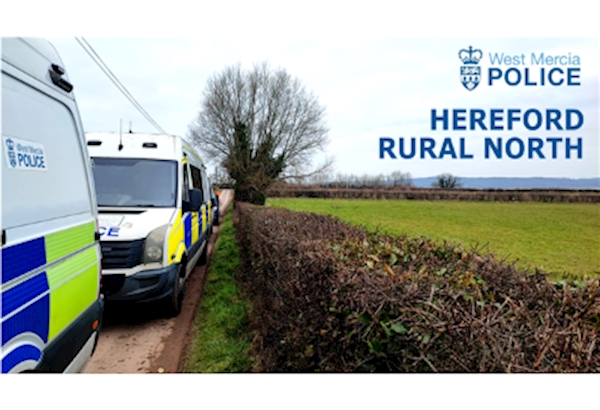|
🎁 We’re fast approaching the time of year where many of us are busy hunting for the perfect gifts, scouting for bargains, and managing tight budgets. Unfortunately, scammers know this too, and they ramp up their efforts in the run-up to Christmas, hoping to catch people off guard. 🔍 We’ve seen an increase in reports of scam attempts recently, so we wanted to share some helpful tips to keep you informed. Here’s how to spot the signs of a scam and what steps to take if you think you’re being targeted. 🛍️ Why Do Scams Spike During the Holidays? Increased SpendingPressure to Save MoneyBusy SchedulesSeasonal EmploymentCharity Scams 👀 Common Scams to Watch Out For Fake Retail Websites: These mimic legitimate stores and offer huge discounts. Always check the URL, look for reviews, and avoid sites that only accept bank transfers.Parcel Delivery Scams: You might receive a text or email claiming a parcel couldn’t be delivered, asking you to click a link or pay a fee. These are often phishing attempts.Gift Card Scams: Scammers may ask for payment via gift cards, especially in fake job or romance scams. No legitimate company will do this.Social Media Scams: Ads or posts promising unbelievable deals or giveaways can lead to fake sites or malware.Charity Fraud: Always verify the legitimacy of a charity before donating. Use official websites or trusted platforms. 🔒 How to Protect Yourself Be Sceptical of Deals That Seem Too Good to Be True: If it looks suspicious, it probably is.Check Website Security: Look for “https” and a padlock icon in the browser.Don’t Click on Unknown Links: Especially in texts or emails claiming to be from delivery companies or banks.Use Secure Payment Methods: Credit cards and trusted payment platforms offer more protection than bank transfers.Hang up the phone: If you have any doubt that the person calling you is not legitimate, hang up and call back using a trusted number.Verify Charities: Use the Charity Commission website or other official sources to confirm legitimacy. 📢 What to Do If You Suspect a Scam Stop Communication Immediately: Don’t respond or click any links.Report It: You can report scams to Action Fraud (UK) or your local authority.Inform Your Bank: If you’ve shared financial details, contact your bank right away.Warn Others: Share your experience to help protect friends and family. 
| 






